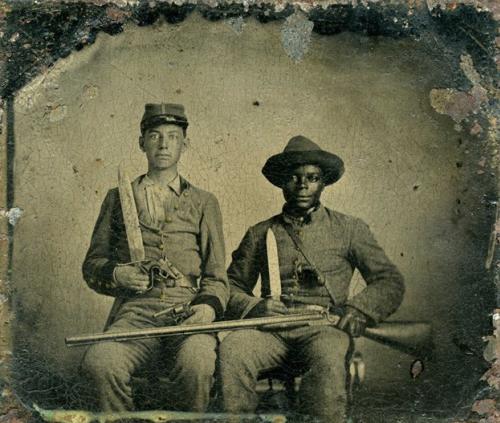
What is the importance of black history?
As part of recognizing Black History Month, we’ve invited a local young black voice from Cayuga County to share with us his take on what Black History Month means to him.
Cayuga County has always been an area active in the abolitionist and suffragette movements. Auburn was home to Secretary of State under President Lincoln and known abolitionist William H. Seward and his wife Frances and civil war hero, and underground railroad conductor Harriet Tubman. Sherwood was home to Emily Howland, dedicated teacher of those formerly enslaved and ardent suffragist and first female bank director in the world.
What is the Importance of Black History?
By Justin Harris
Well, Black history is defined in two words: black and history. Let’s start with the latter. History classes always taught me that black history is a part of American history. The transatlantic Trade, The Civil War, and The Civil Rights Movement are all examples of Black History. These also happen to be major turning points for America as a nation. The “History” in Black History also means American History and American history is a part of humanity’s history. So, you could say black history is everyone’s history, even if you aren’t black.
What is the “Black” in black history anyways? In school, my teacher was asking a similar question but instead asked; “How does it feel to be African-American?”. Pointing at me she repeated the question and I firmly responded; “I’m not African-American, I’ve never been to Africa ”. My teacher, who was also black was very shocked by my answer and admitted that I was right. African-American is a term that is outdated and has been ever since the first generation of African-American slaves passed away. Since then, the term could’ve simply been American. Sadly, back then black people were not even considered human. To justify their actions and deny their humanity, slave owners dehumanized slaves. Racial discrimination was something taught through fear and hatred to keep the lie alive and keep the economic engine roaring. The American economy, which has taken so much attention from human consciousness, was founded on the blood of slaves. So next time you claim to be a slave to the economy think about what that term means.
Black History Month is a reminder of what it took just to get America to move away from its destructive and toxic roots. Black History reminds me how lucky I am to live in a time where racism is seen as immoral. I wish I could say racism isn’t seen as tradition, that it’s not rewarded or infected our legal system. Black history Reminds us of where stereotypes started and how they destroy the image of Afro-Americans in the minds of the naive. I grew up around kids who said “you don’t talk black”, but since when could you speak a color? The stereotype they were referring to was speaking with an urban accent. I grew up around a family that had such accents, but I chose to speak how I wanted. Even other black children would talk down to me for “talking white” and I would feel embarrassed. It made no sense that all the black historical figures I learned about were praised for expressing intelligence, and I was reprimanded. Somewhere in their mind, they thought being black meant living in the ghettos, eating fried chicken, and speaking incomplete sentences. Those are connected to black history but are not the essence of the culture. The effects of slavery crippled Afro-Americans intellectually, cornered them into ghettos, and they made the most out of it. That was the box they were given and slowly some became identified with the box thinking “This is who we are”. If you ask me, culture doesn’t exist in America. American culture differentiates from home to home and even person to person. Your traditions, languages, food, and values can be changed as you age. You can identify with anything you want, that’s the freedom of being human. Black history is here to remind us that black culture means valuing the right to accept your heritage and choose the culture for future generations. If a culture is not constantly evolving and growing, it’s dead. How can anyone claim a dead culture? Black history encourages everyone to challenge the status quo, think outside of societal boxes, and choose what defines you.
Join in the Celebration of Harriet Tubman’s 200th Birthday!
2022 marks the 200th Celebration of Harriet Tubman’s Birthday many are planning celebrations to commemorate this historic birthday. This seven-month celebration will begin March 10 with Harriet Tubman Day, and continue throughout International Underground Railroad Month in September 2022, with programming focused on uncovering Tubman’s inspirational life and legacy. Click here for more information. For up-to-date information on programming celebrating Black History during February and all year long visit www.TourCayuga.com. And remember to support Black owned businesses while you are visiting. For a listing of businesses click here. Keep an eye out for this growing list!
Categories: